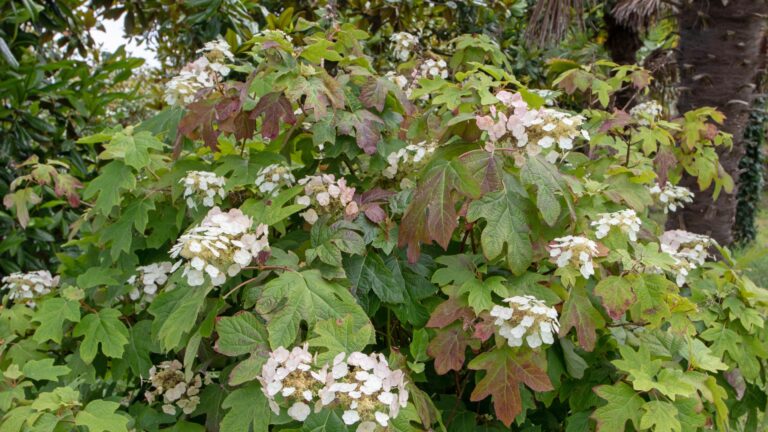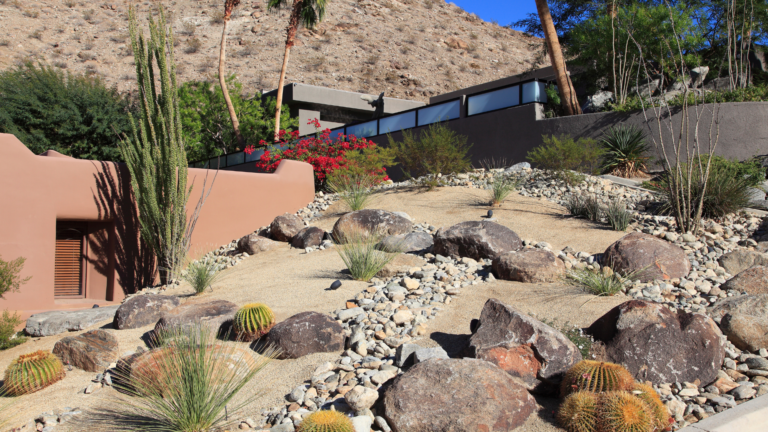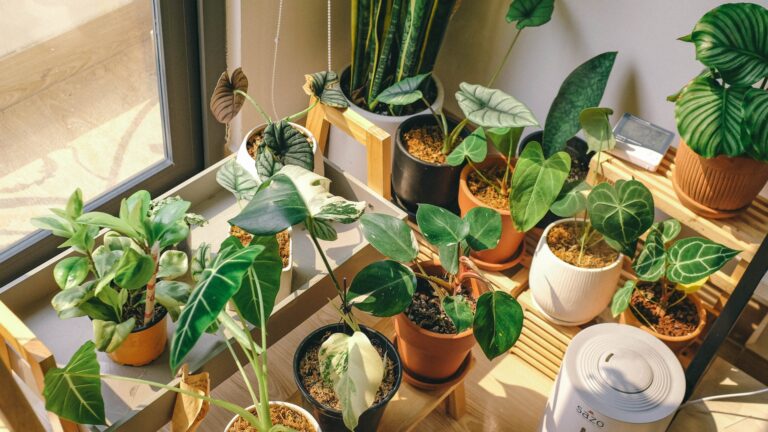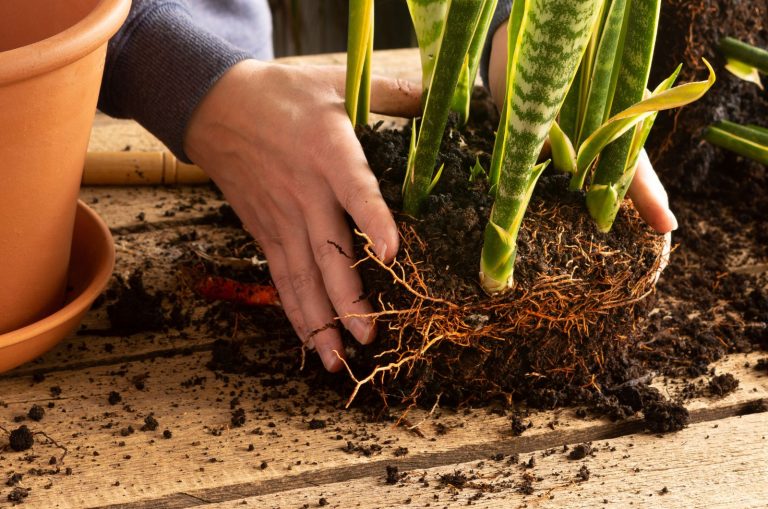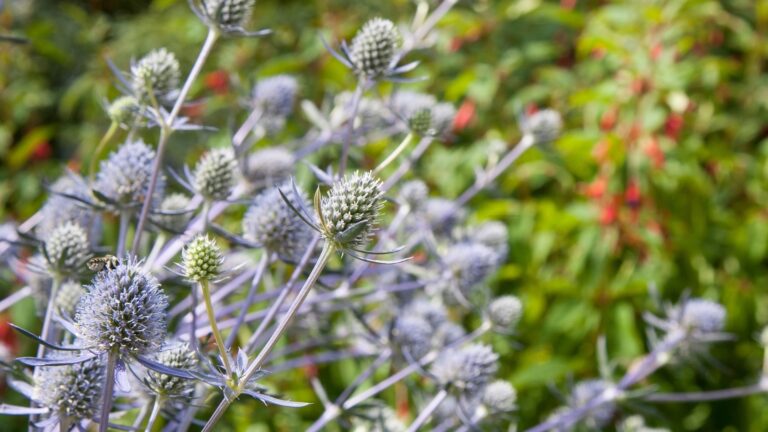7 Easy Methods To Protect Your Garden From Heavy Rainfall In Georgia

Georgia rainstorms can roll in fast and leave your garden struggling. I’ve had flower beds flatten overnight before figuring out how to shield them.
A few quick adjustments can hold everything in place. With these methods, your plants stand strong no matter how wild the weather gets.
1. Build Raised Garden Beds
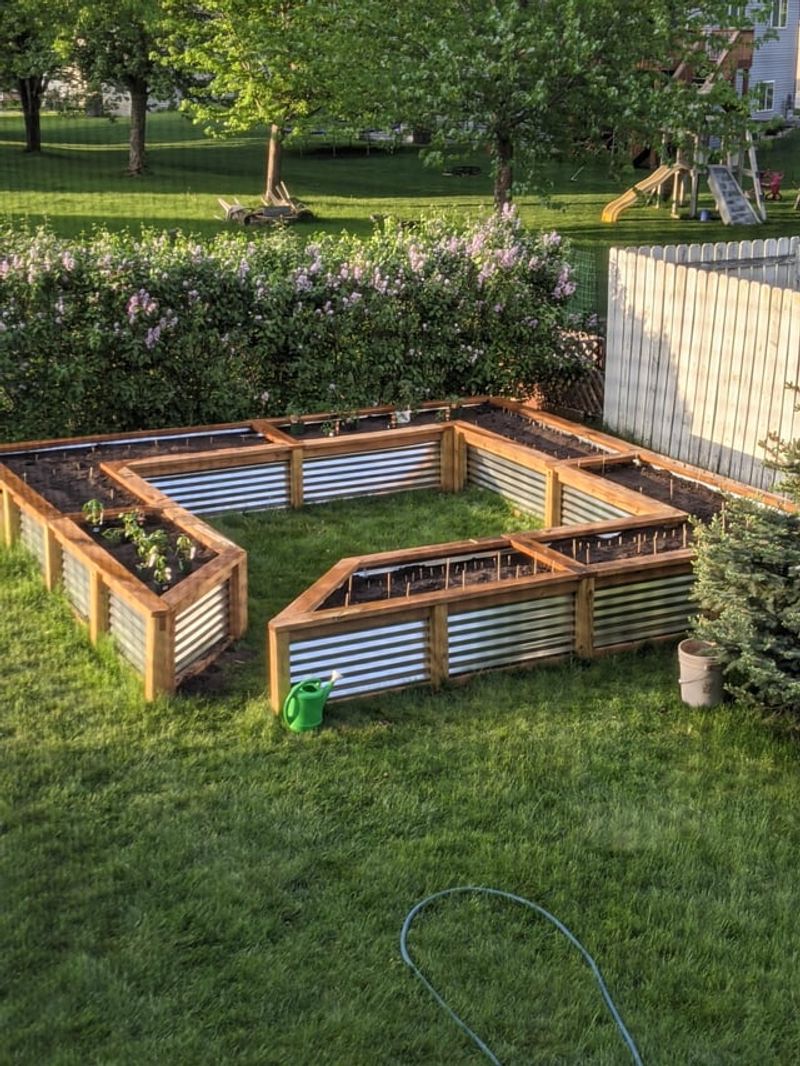
Elevating your plants above ground level gives water somewhere to go instead of drowning your roots. Raised beds work wonderfully in Georgia because they drain faster than flat ground, preventing that soggy soil problem.
You can build them with wood, stone, or even recycled materials from around your house. The height keeps excess rainwater from pooling around delicate stems and leaves.
Most gardeners find that 6 to 12 inches high works perfectly for vegetables and flowers alike.
2. Install Proper Drainage Systems

Water needs an escape route, or it will sit and cause problems for your plants. Adding French drains or simple gravel channels helps rainwater flow away from your garden quickly.
Many Georgia gardeners dig shallow trenches filled with rocks to guide water toward safer areas. You can also slope your garden beds slightly so water naturally runs off instead of collecting in puddles.
Good drainage prevents root rot and keeps soil from becoming waterlogged and useless.
3. Apply Mulch Generously
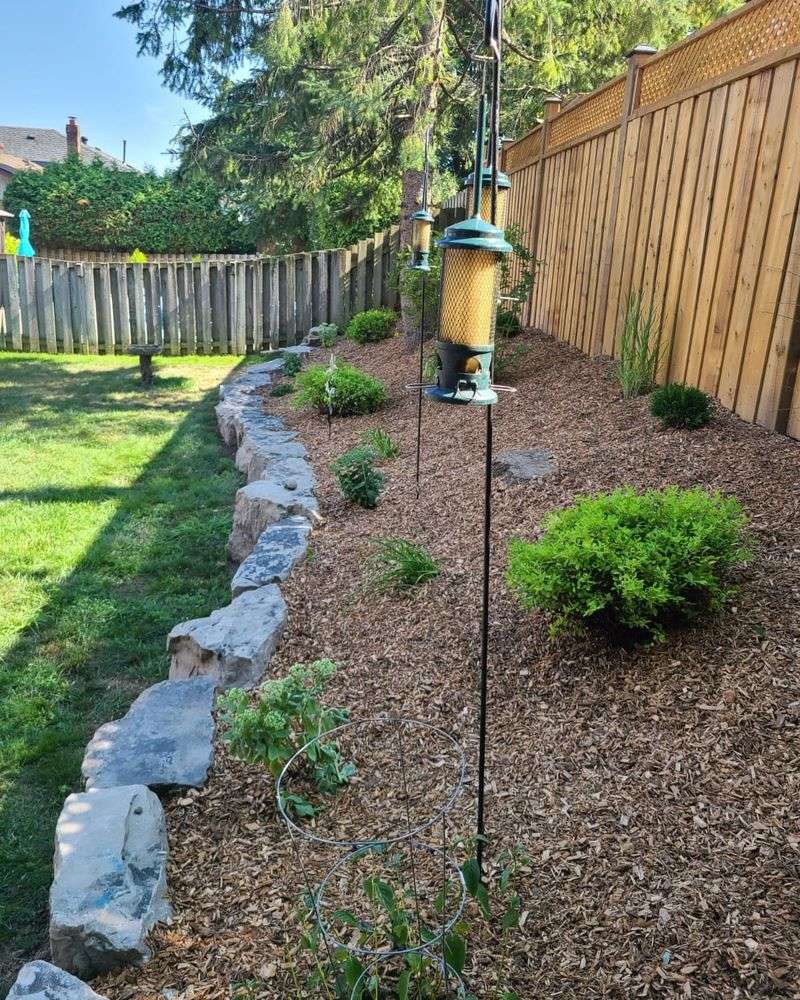
A thick layer of mulch acts like a protective blanket during Georgia’s heavy storms. It cushions the impact of raindrops hitting the soil, which stops erosion and keeps your plants firmly rooted.
Wood chips, straw, or shredded leaves all work great and break down to feed your soil over time. Spread about 2 to 4 inches around your plants, leaving a little space near the stems.
Mulch also helps soil absorb water gradually rather than all at once.
4. Create Swales and Berms
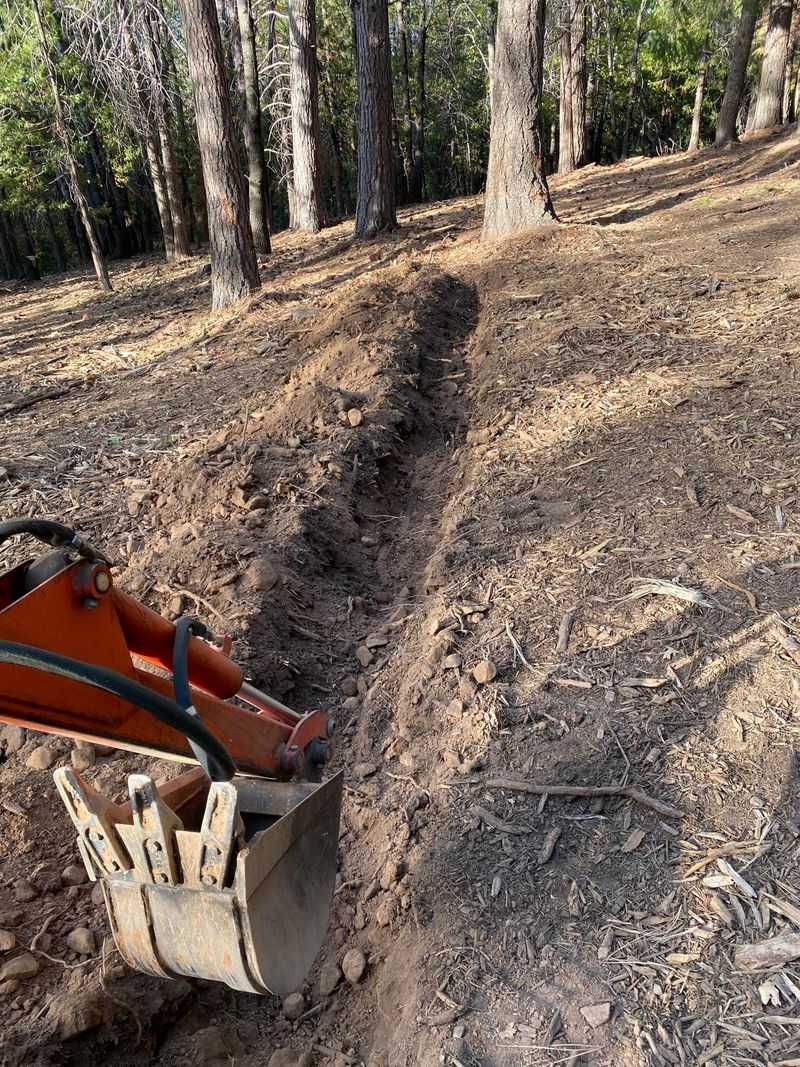
Swales are shallow ditches that catch and redirect water, while berms are raised mounds that block or guide flow. Together, they work like a natural plumbing system for your Georgia garden during downpours.
Dig swales along the edges where water tends to rush in, and pile the dirt into berms on the downhill side. This combo slows water down and gives it time to soak into the ground instead of flooding your plants.
5. Use Rain Barrels and Collection Systems
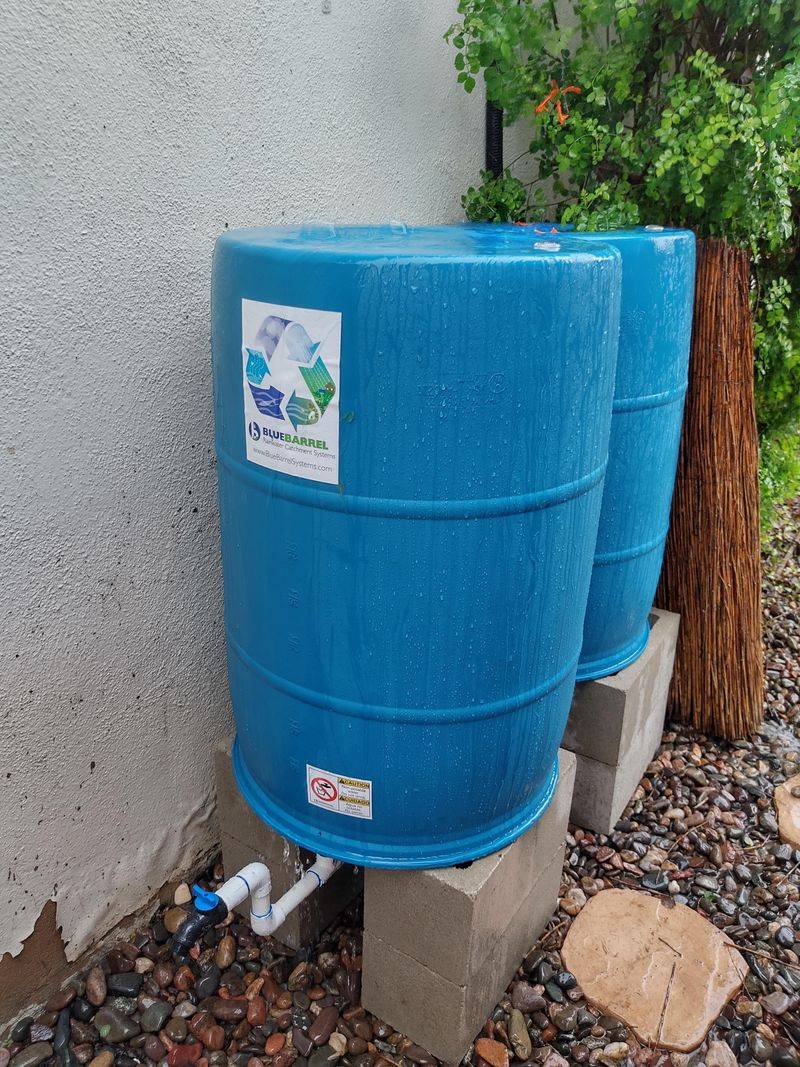
Why let all that free water go to waste when you can save it for drier days? Rain barrels catch runoff from your roof before it floods your garden beds.
In Georgia, where summer storms are common, collecting rainwater helps reduce the amount hitting your plants all at once. You can use the stored water later when your garden gets thirsty during hot, dry spells.
Most barrels hold 50 to 100 gallons and connect easily to downspouts around your house.
6. Plant Cover Crops and Ground Covers
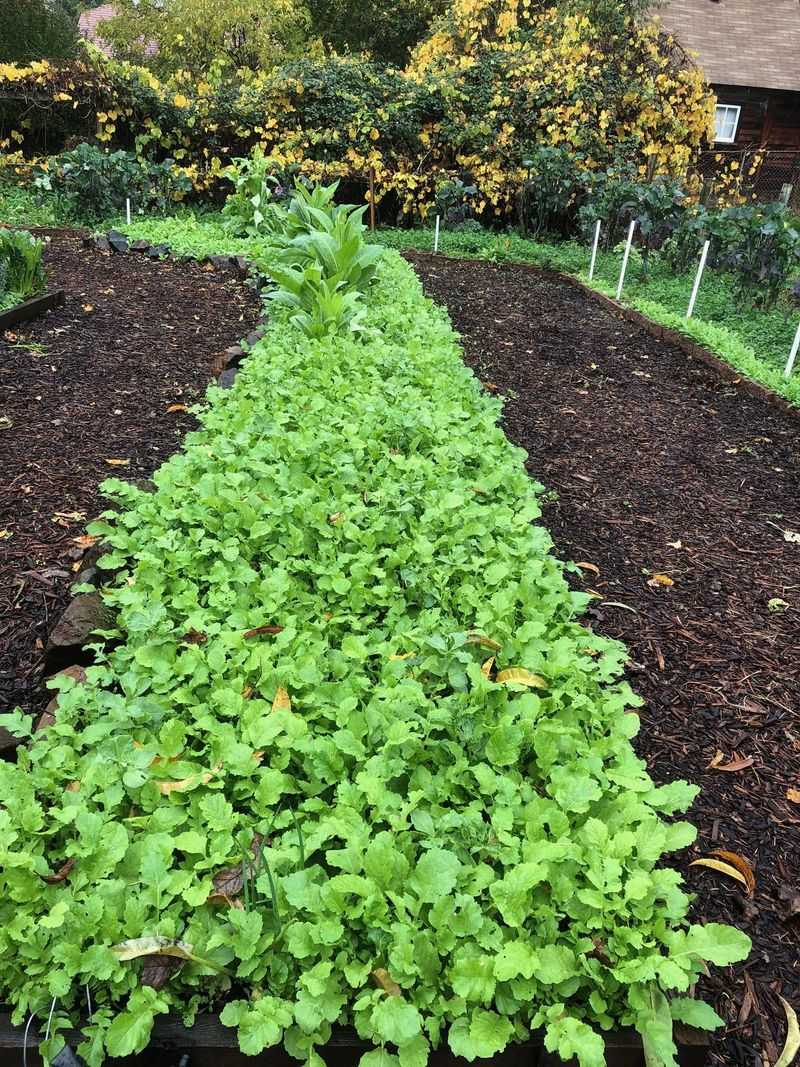
Bare soil washes away fast during Georgia rainstorms, but living plants hold everything together with their roots. Cover crops like clover or rye grass create a protective carpet that absorbs impact and slows water movement.
Ground covers such as creeping thyme or vinca spread quickly and fill empty spaces between your main plants. Their root systems grip the soil tightly, preventing erosion even when rain pounds down hard.
Plus, they look beautiful year-round!
7. Add Compost to Improve Soil Structure
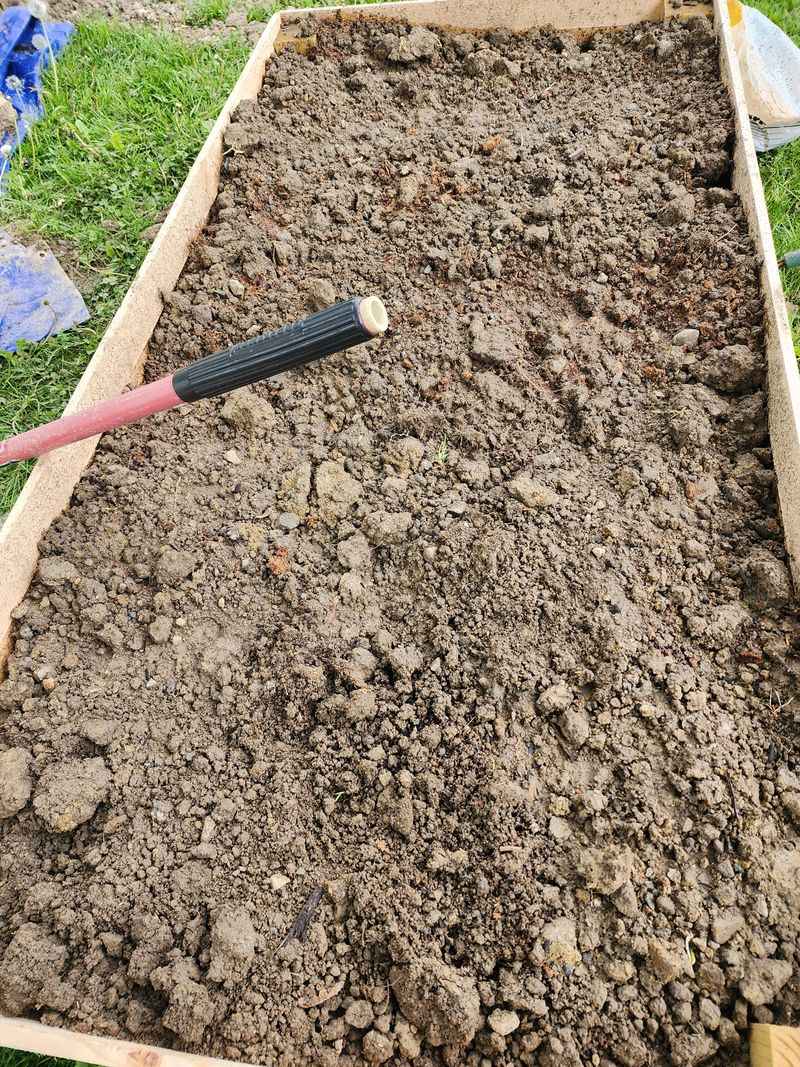
Healthy soil with lots of organic matter soaks up water like a sponge instead of letting it run off. Mixing compost into your Georgia garden beds creates air pockets that help with drainage and water retention.
Clay-heavy soil, common in parts of Georgia, benefits especially from compost because it loosens the dense particles. Aim to add a few inches of compost each season and work it into the top layer.
Better soil structure means happier, healthier plants during rainy weather.


